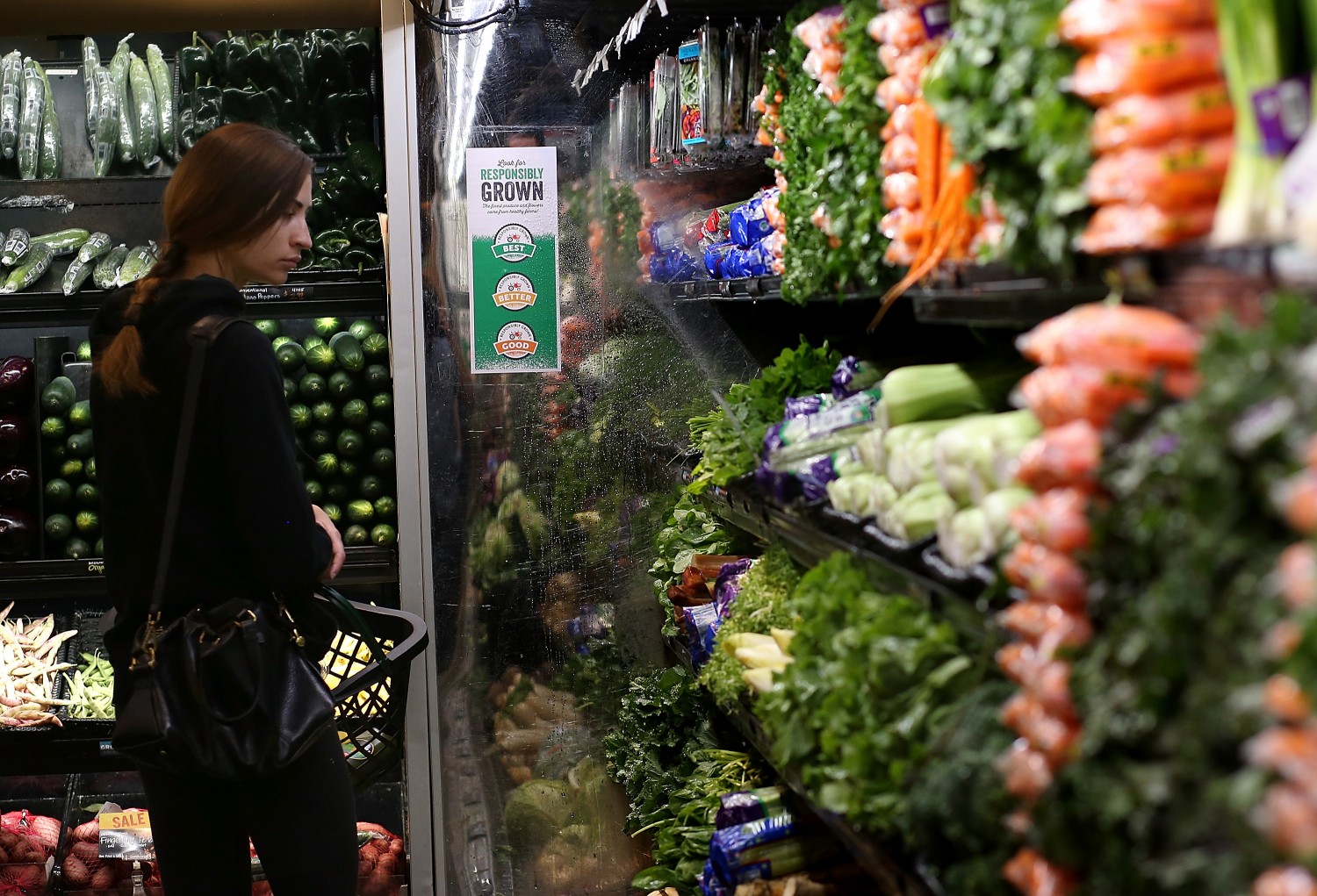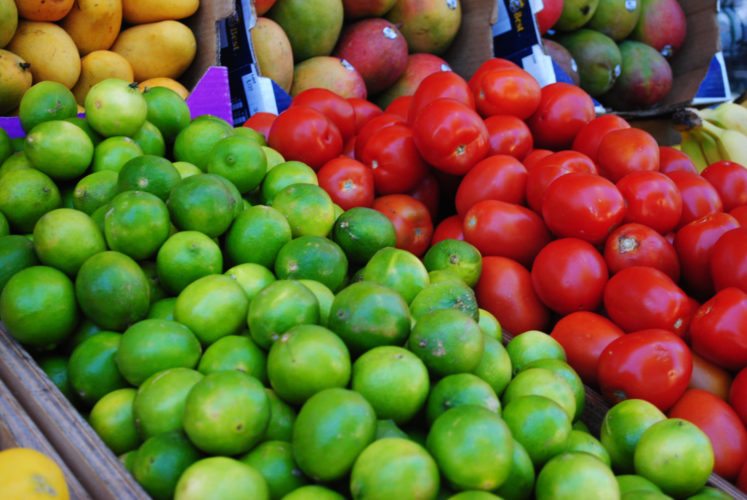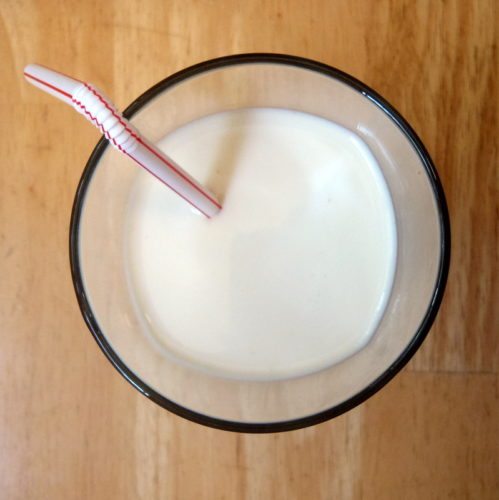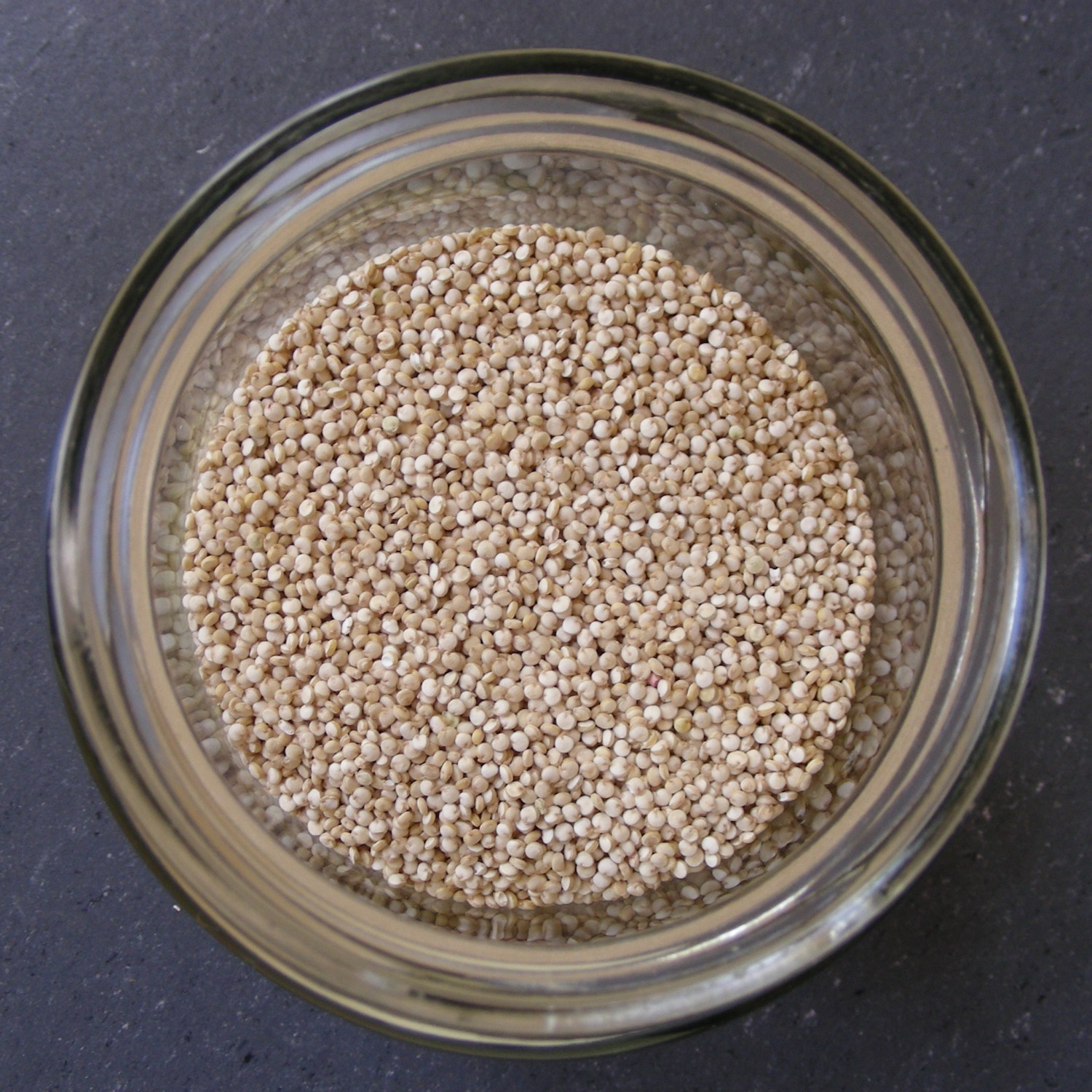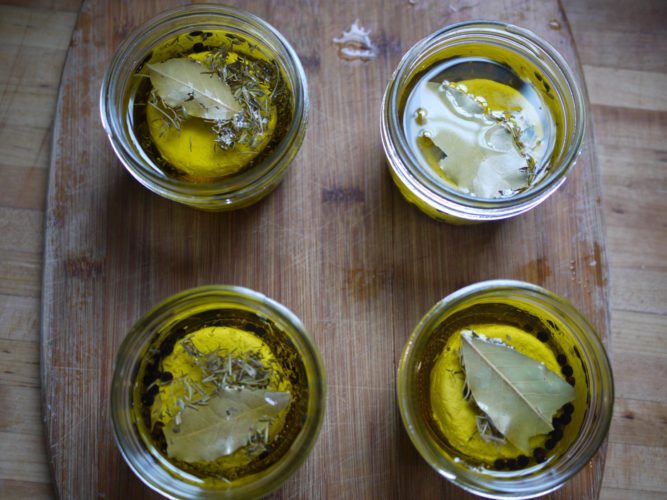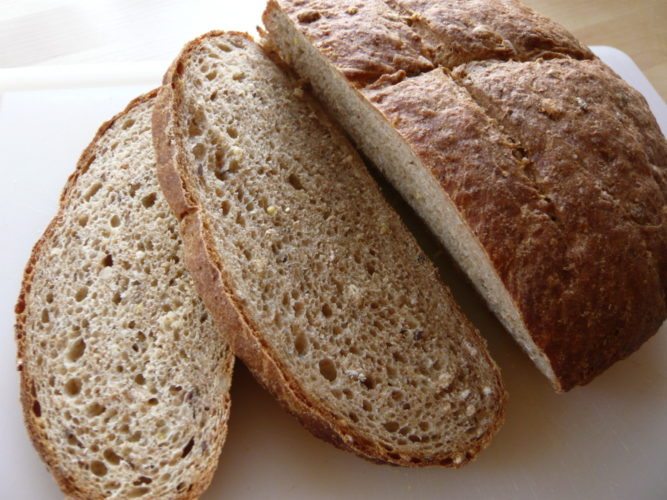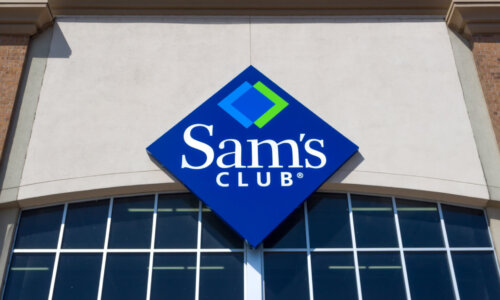If you thought Whole Foods was the only place to stock up on healthy options, think again.
Whole Foods has a (not undeserved) reputation as the place to spend your entire income on high-quality healthy foods. But those tasty treats don’t come cheap. There’s a reason the grocery store has never really shaken the nickname “Whole Paycheck.”
For those of us that really want to eat healthy, organic, vegan or gluten-free, it can sometimes seem like the only place to find what we’re looking for—but that’s not necessarily true. In fact, there are actually plenty of healthy grocery items hiding in surprising places.
One of those spots is the popular low-cost grocery chain Aldi. Though it doesn’t promote itself as a health food store, it has enough organic and gluten-free choices to give Whole Foods a run for its money.
The budgeting gurus over at GOBankingRates compared prices on different Whole Foods items to see how they compared with the generic brand versions sold at Aldi’s 1,600 stores across 34 states. Unsurprisingly, the prices at Aldi were much lower on average.
“I know with 100 percent certainty that someone who wants to eat all natural and organic items can save hundreds per month by shopping at Aldi,” frugal-living expert Lauren Greutman told GOBankingRates.
Obviously, there are still some major differences between the Aldi and Whole Foods experiences. Whole Foods carefully designs its layout and displays of produce, samples and healthy goods in its airy, colorful stores.
At Aldi, on the other hand, products stay in their boxes, and shoppers bag their own groceries. The store focuses on carrying just the most popular grocery items, in contrast to the sometimes overwhelming number of options available at Whole Foods. And, of course, Whole Foods wins in a landslide with its mouthwatering prepared foods section.
Still, it’s not like shoppers at Aldi are suffering—especially not when it’s time to add up the bill.
According to Paul Moyer, founder of SavingFreak.com, Whole Foods does win when it comes to variety of choices. However, he added, Aldi takes the (healthy) cake for affordable prices for organic and gluten-free essentials.
Here are some of the main points of comparison:
Organic Produce
Aldi doesn’t have as many options as Whole Foods when it comes to organic fruits and veggies, but the prices are good enough to make up for it. At Aldi, you can get a pound of organic baby carrots, a pint of organic grape tomatoes, a pound of bananas, 3 pounds of apples and 16 ounces of spring mix for about $15.50. At Whole Foods, that same shopping list would set you back about $23.50—an $8 difference.
Organic Milk and Non-Dairy Milk Products
Whole Foods’ 365 organic brand is usually a pretty good deal, but prices for organic milk and dairy products are still lower at Aldi. A 64-ounce carton of organic low-fat 1 percent milk costs $3.99 at most Whole Foods, compared to $2.95 for the same amount of fat-free milk at Aldi. Non-dairy options like organic soy and almond milk also sell for less at Aldi.
Organic Grains
Every week it seems like there’s a new trending “superfood” grain. Whether it’s quinoa, millet or barley, it’s suddenly on menus everywhere—and flying off of shelves. If you’re on the quinoa bandwagon, Aldi is here to help you save more than 60 percent on your habit. A 16-ounce package of Aldi brand SimplyNature organic quinoa costs $2.99, while you’d pay up to $6.99 for the same amount of quinoa at Whole Foods.
Organic Coffee
Organic and fair-trade is definitely the way to go when it comes to coffee. Fortunately, more stores than ever are carrying these tasty, environmentally friendly options. Whole Foods has the world covered as far as coffee sourcing goes, but for price, Aldi wins again.
A 12-ounce bag of Barissimo fair-trade organic whole beans costs $4.79 at Aldi. At Whole Foods, 12 ounces of Allegro fair-trade organic French roast beans sells for $11.99—more than twice as much!
Organic Oils
Coconut oil is in everything these days, from hair products to snacks. It can get pricey, though. A 14-ounce jar of Aldi’s organic coconut oil costs $4.99, compared to $5.99 for the same amount at Whole Foods. This isn’t a huge difference, but every dollar counts at the grocery store.
If you’re more of an olive oil purist, there are savings on the shelf for you, too. A 16.9-ounce bottle of organic extra virgin olive oil runs about $3.99 at Aldi. That same bottle of 365 brand olive oil costs $7.99 at Whole Foods.
Gluten-Free Products
It might surprise you to learn that Aldi actually has great options for gluten-free eaters, from crackers to pancake mix. They even have fresh gluten-free bread! Across the board, most of these items sell for less than their Whole Foods counterparts. For example, an 8-ounce package of brown rice spaghetti sells for $3.29 at Whole Foods, compared to $1.89 for a 16-ounce package at Aldi.
